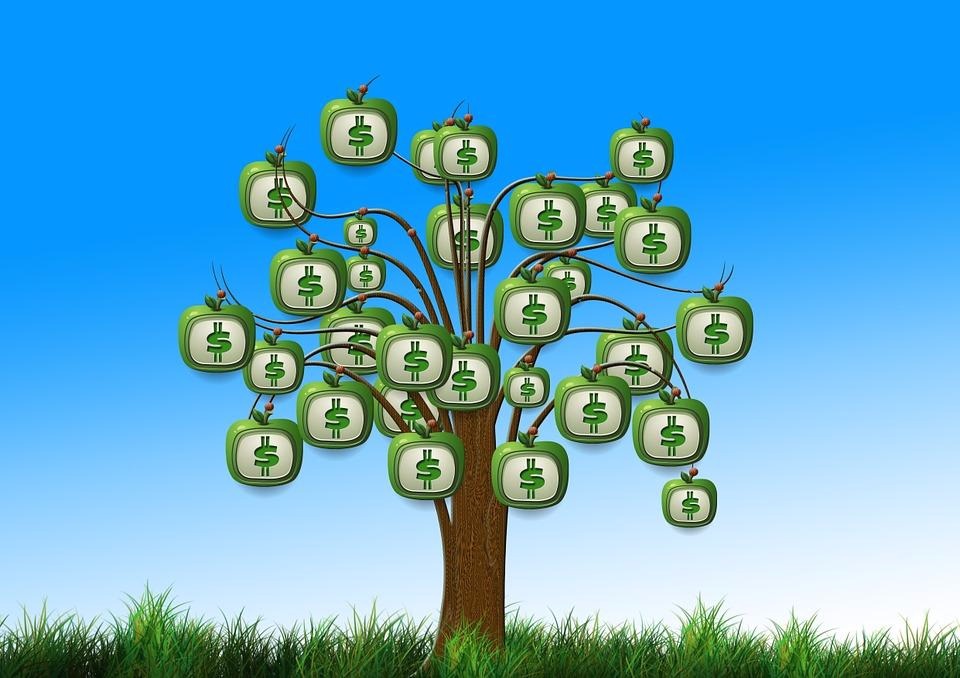The government has done well on the interest rate policy. Even though the interest rate is raised, it is the people understand and accept it. The Bank of Korea announced that it would cancel the debts of 1.59 million small debtors just before the Bank of Korea raised the benchmark interest rate. I was caring for the interest burden of the common people.
Still, the rate hike is inevitable. If the interest rate increases by 0.25 percentage points, the interest burden will increase by 2.3 trillion won, 0.5 percent point increase, 4.6 trillion won, and 1 percentage point rise, the burden will reach 9.3 trillion won.
However, interest rate hikes can not be stopped simply by increasing the interest burden. Water prices can also be stimulated. If the interest rate goes up, the water price will be raised.
It was also six years ago when the Bank of Korea raised its benchmark interest rate for the last time. At the time, Kim Jong-soo said he would raise the benchmark interest rate and "contribute to lowering inflationary pressures and lowering inflation expectations." He said that he raised the benchmark interest rate to catch the price.
There was an illusion. The interest rate is 'money'. If interest rates go up and 'money' is expensive, the demand for funds will be reduced so much that it can help stabilize prices. The Bank of Korea would have expected it at the time.
However, in fact, the reverse phenomenon appeared. Interest rate hikes stimulated prices.
First of all, the rent and advance prices surged. The reason was easy. This is because the landlords who have borrowed money from banks are willing to raise rent and rent as much as the interest burden due to interest rate hikes. The interest burden was transferred to the tenant. It was only common people who did not have 'my house'.
For companies, the rate hike is 'bad news'. If interest rates rise in a situation where international oil prices are unstable, companies paying banknotes will have to pay up interest burden. The burden will eventually be reflected in product prices. I will raise the price of the product.
Product price hikes have a negative impact on prices and are overwhelmed by consumers. There is a limit to the government 's pressing' administrative power '. The common people are forced to suffer from the 'double price' of rising bank prices and rising prices.
Large corporations may transfer the burden to SMEs and suppliers. It is a way of forcing the company to cut the delivery price by an increased burden. If so, SMEs, which are already difficult, are even worse.
Employment, which is a pending issue, can also be a 'minus'. When interest rates rise, people are less likely to spend because of the interest burden. When consumption is shrinking, products are less sold. This can lead to a deterioration in the corporate balance. In such a situation, investment can also be sluggish.
It is obvious how companies can choose when their profits deteriorate and investment is sluggish. It is to save money by abbreviating from employment. It is 'restructuring'. At least new hires can be reduced. This can be a daunting task for the government 's job' All in '.
The so-called 'polarization phenomenon' can be further deepened. If the interest rate is raised, not only the interest rate on the loan but also the interest rate on the deposit will rise. The interest on deposits will increase and the wealth will be increased. It is a reality that 'floating funds' which can find a little higher interest and move around are reaching 1000 trillion won.
The BOK's benchmark interest rate is expected to rise a few more times in the future. The difficulties of ordinary people and SMEs will be 'in direct proportion' to the rate hike.
'Finance' 카테고리의 다른 글
WRITTEN BY
- Smart Money
Looking forward to becoming a financially independent person in 3 years. I Shall be one for sure.






